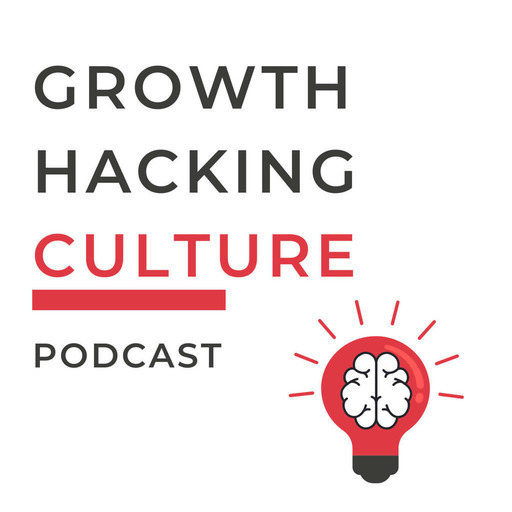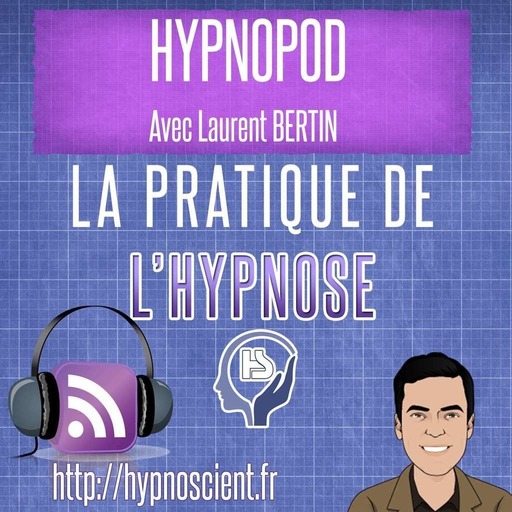In this episode of Learn with Bessern, Joe gives us great insights on what is mindset and how it can be explained from a psychological perspective. Human beings tend to have a programmed mindset due to external stimuli and other factors. In order to alter their programmed brain they have to push their limits and be open to learn new things.
Mindset is an established set of attitudes, opinions, philosophy or values embedded in a person.
About the speaker Joseph Templin:
Joseph is the author of Every Day Excellence, the Kindle #1 New Release in Professional Development. He believes in overcoming challenges and changing the current situation into something amazing. A few examples are the fact that he severely asthmatic and became a martial artist and ultradistance runner. He also had a speech impediment but built a career around communicating.
Key Takeaways from the Podcast:
-
About growth mindset Joseph said: As young children we are sponges, we are exploring our universe. We are pushing our limits. We are in complete and total growth mindset. However when we grow older we tend to curb this mindset. So we see someone who is impressive and doing something and we think that this person had it is the X factor that you had for forever. It's like genetics. But in reality its not. For instance, when we were babies, could we walk? No, we had to learn. Well, as a baby when you start to stand up and try to pull yourself along the couch or toggle along and you fall down on your bottom. You say that's it. I'm done. I'm not gonna try this not gonna do this. Of course not. Instead we try it over and over again till we eventually get it. This is the same as with growth mindset.
-
Why our brain is programmed: Essentially, when we become adults we reprogram so we have a set of beliefs that have been done by others, our parents telling us Oh, you're not that awesome. Our parents say you're a girl so you shouldn't be doing it in we tend to do to have this set of rules really anchored in our minds, and it's so difficult to get rid of it.
-
The tricks that we can follow in order to take the programming that has been done for years and years and remove it and replace it with new programming?: Joseph says that there is a way to upgrade our brain. So having a regular physical activity is one of the best ways to influence what goes on the brain. It doesn't have to be an intense 45 minutes in doing martial arts like I did. It could be a gentle walk, it could be calisthenics, kettlebells, it could be dancing, it could be swimming, whatever you enjoy doing.
-
The second trick is listening to music: Music overall it's very similar to exercise in the way that lights up the entire brain. If you look at EEG of somebody listening to music, everything is lit up everything both hemispheres, everything from the spinal cord, all the way forward, limbic system, neocortex, all of it. So use music to help enhance things and music is older than language back when we were banging rocks and so is also the closest thing that we can get to divinity is because it's the purest thing coming from heaven. And so we can use this to help change or set our moods to incite us to also help reinforce learning in a lot of ways as does physical activity.
-
On well-being Joseph said: Wellbeing is no small thing, but it's made up of little steps. You take full steps make the slightly better small decision, do the little things. Instead of just sitting there watching TV or sitting on your butt. Get up and you know, do a couple air squats while you're watching the TV, go do some push ups, run in place for a moment or turn the TV off and actually talk to the person that you care about. Just that's the better use of that 15 minutes than watching whatever's currently on.
-
Association between body function and mental health: It is something that can be backed up by science that the relationship between our body, our gods and how the brain functions, the necessity for movement, the necessity to bring connects to exercise connections in different parts of the brain so that we become more creative that we become more focused. If your body is messed up it's going to interfere with your mind and your spirit. In a lot of ways.
-
Three areas to have a prepared mindset: Firstly what happens if if the if the worst happened? What can I do? How can I prepare my mindset? Remember taking pictures with a regular camera and you had to send the film off. You had to learn to wait for a week. Or then we have these Polaroids need to get like three minutes as opposed to where we are now. And you can take 5000 pictures in two minutes. So what's happened is things have become so easy that we become used to if you live a life of comfort, you become soft. So there's something called desire difficulties, the occasional hardship when you don't have to do it choosing to suffer because it makes you tougher, and as the stoics said after you choose to suffer if you actually go through something natural and it's all there is. There's a reason why most major religions on the planet have fasting built in where we choose to go through hardship because it makes us appreciate what we do on the other side more and it makes us reflect and be stronger it builds our will. And so, before how do we prepare for when stuff happens is we need to put ourselves in a situation that is uncomfortable by choice on a regular basis. If you're not trying to do harder math problems. We're not going to build your mathematical skill. If you're not attempting more difficult musical pieces, you're not going to be able to grow as a performance artist. So why don't we you know, one, look at this and model this in other areas and consistently choose to do the difficult things so that we can build this resilience and this just overall mindset.
-
Motivation is a big factor: We have to find an alternative that does not depend on motivation, which is making it easier, whatever you want to achieve incremental discipline as opposed to operation because motivation is like the process to get you going in the morning, right? It's the cup of coffee. But can you drink coffee nonstop all day long in the library? Up until about three o'clock, but is that going to keep you going continuously? What happens is you build up a tolerance more and more and it ends up not working for you versus having discipline their processes. Discipline says you know I don't want to do this, but going to do it because I want the long term results.
-
Consistency: If there is the fact that we have a lot of beliefs in our brain comes for concept reputation from society, from our parents, from whoever. And if we need to reprogram our brain there needs to be like a consistent message that is sent every single day. Like I need to do something to do this micro action in a constant basis so that it becomes something like habit, something that reflects and reflects as your identity. So, do other topics that are quite relevant for today in terms of the mindset that we need to prepare is the one that saying, How do I become the best version of myself.
About Learn with Bessern
The Learn With Bessern Podcast is about exploring the science behind self-development, leadership and well-being. We demystify personal and organization growth. This podcast is hosted by Elena Agaragimova and Ivan Palomino.


 Emissions
Emissions







